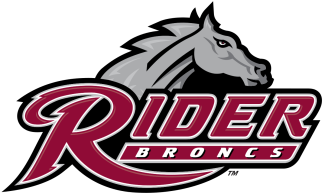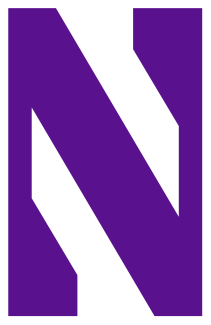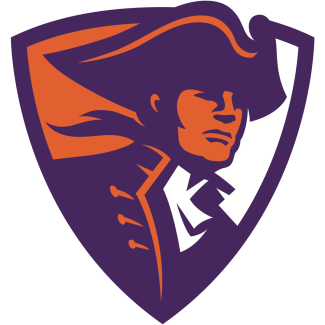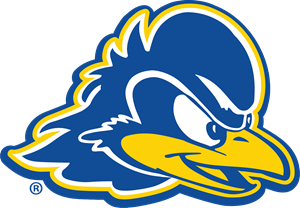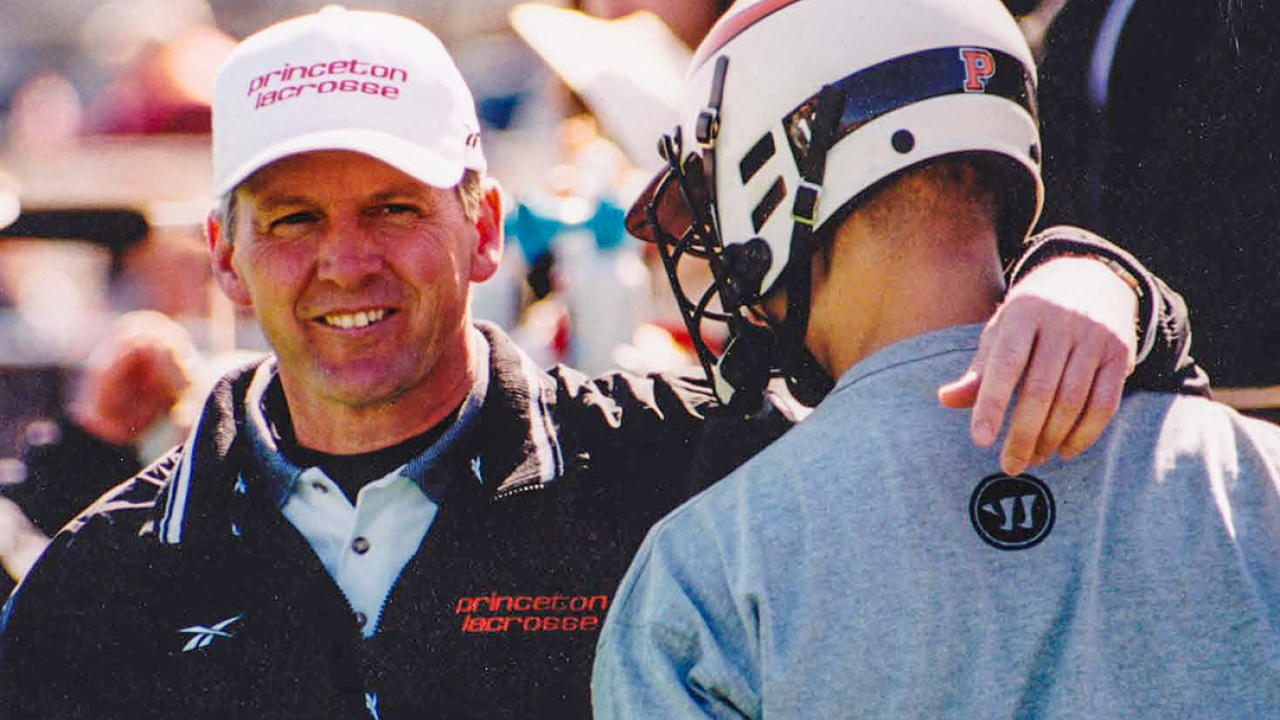My father has an inauspicious jewelry box in his study at home. Dust gathers on the glass cover. Ten championship rings sit unworn, scattered unceremoniously inside.
They became relics — memories of special teams, people and experiences that went by too fast with the passage of time.
As someone who was raised by, played for and coached alongside Coach Bill Tierney, the following is how I remember his incredible coaching career as it comes to a close.
A tribute to my father, coach and childhood hero.
IN THE SUMMER OF 1984, my father drove me down to Baltimore in our family’s old rusted-out blue Volkswagen Beetle. He had accepted a position at Johns Hopkins as the eighth assistant for the lacrosse team (there was no NCAA limit on coaching staff size at the time) and as the head men’s soccer coach for about $15,000 per year with a wife and four kids at home.
Before we left, my grandfather (from my mother’s side) asked him when he was going to get a “real job.” My Uncle Tommy (my father’s brother) had to loan him a brown paper bag full of cash for a down payment on our first home in Bel Air, Maryland.
Despite the impracticality of it at the time, my father’s dream was to be a great coach and his passion was for the game of lacrosse. He had been raised in Levittown, New York. His father was a World War II vet and truck driver. His mother was a nurse. He inherited from them a tremendous sense of work ethic and toughness. With this humble, blue-collar upbringing, he fit the bill to play the underdog.
When he arrived at Hopkins, he tried to convince the other coaches of an idea that he had for a “sliding defense” rather than just trying to guard offensive players one-on-one all over the field. They basically laughed at him and told him to go warm up Larry Quinn (who would become one of the greatest goalies of all time) and go to class with Dave Pietramala (who would become one of the greatest defensemen and coaches of all time).
In the fall seasons, my father kept busy by driving the opposing soccer coaches insane as he ran lines of midfielders on and off the field to keep everyone fresh. He was the original Ted Lasso, coaching a soccer team despite not knowing most of the rules and conventions of the sport. His least favorite part of coaching soccer was the casual use of the word “unlucky.” In his mind, athletic teams made their own luck.
Despite his doubters in both sports, he brought home his first two rings, helping lead the Blue Jays to two NCAA Division I championships in lacrosse in 1985 and 1987. He also guided the soccer team to its first NCAA Division III playoff appearance in 1986.





